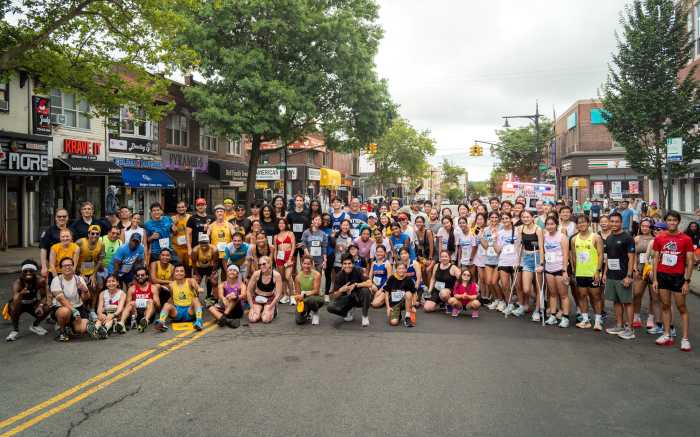By Lawrence C. Moss
Living in the Village, many of us might assume lesbian, gay, bisexual and transgender rights are already fully established, a victory to be celebrated at a happy, raucous parade, not a cause requiring redoubled effort. While there has been great progress in the past 35 years, major barriers to full acceptance and full equality remain. We best honor our Village predecessors by completing their work today.
At the time of the Stonewall Rebellion in June 1969, police persecution of gay clubs was still rampant, and sodomy was still a criminal offense under the New York penal code. Establishing the legality of private sexual expression is the first step towards reversing centuries of oppression and stigma. That battle was won in New York when our highest court overturned the sodomy laws as unconstitutional. Nationally, the battle was not won until just last year, when the U.S. Supreme Court struck down the anti-sodomy laws still in effect in 14 states.
Once private sexual expression is at least legal, a next step is to bar discrimination based on sexual orientation in housing and employment. Such legislation took two decades to pass the New York City Council, and still another decade to pass the New York State Legislature and become state law. Nationally only a small minority of states offer such protection. Moreover, transgender people were only given New York City human-rights law protection in 2002, and are still excluded from protection under state law. So we need not look far outside the Village to see how far we have yet to go. In many areas, there is more outcry over the [ital] hiring [unital] of a teacher who happens to be lesbian or gay, than the [ital] firing [unital] of a teacher who happens to be lesbian or gay.
With millions of people now living in lesbian and gay relationships and families, the central battle of recent years has been to establish rights and benefits for those families. Domestic partnership benefits are generally available only when employers choose to offer them and not as a legal right. Mayor Bloomberg disgracefully marked this Gay Pride Month by vetoing the City Council’s Equal Benefits bill, which would have required private companies doing substantial business with the city to offer partnership benefits to their lesbian and gay employees comparable to what they offer married couples.
This Gay Pride comes at a very momentous time. Equal marriage rights are truly the last great frontier of the civil rights movement which began in the Village 35 years ago, and the opening of full, equal marriage rights is now squarely on the national agenda. Some 1,100 federal rights, benefits and privileges, and an additional 700 bestowed by the state, flow to heterosexual couples automatically upon marriage. Marriage rights offer the possibility of sweeping past the lengthy battles required to establish small incremental advances, and make it possible for gay and lesbian couples and families to achieve essential and valuable rights in such areas as immigration, taxation, inheritance, adoption, insurance, Social Security, pensions, medical care, etc.
Marriage is the central organizing principle in society, and we in the lesbian and gay community will never be equal until we have equal rights to marry if we wish to do so. The last great barrier to full equality and full social acceptance is yet to fall. The virulence of some of the opposition makes it clear how far we have yet to come. This Gay Pride especially is not a time for resting on our laurels, but for redoubled effort to establish full equality.
Moss is the Democratic State committeeman for the Village and Lower Manhattan and the chairperson of the Reform Caucus of the Democratic State Committee. Moss wrote and introduced the resolution that committed the New York Democratic Party to equal marriage rights for same-sex couples in September 2003.
Read More: https://www.amny.com/editorial/




























